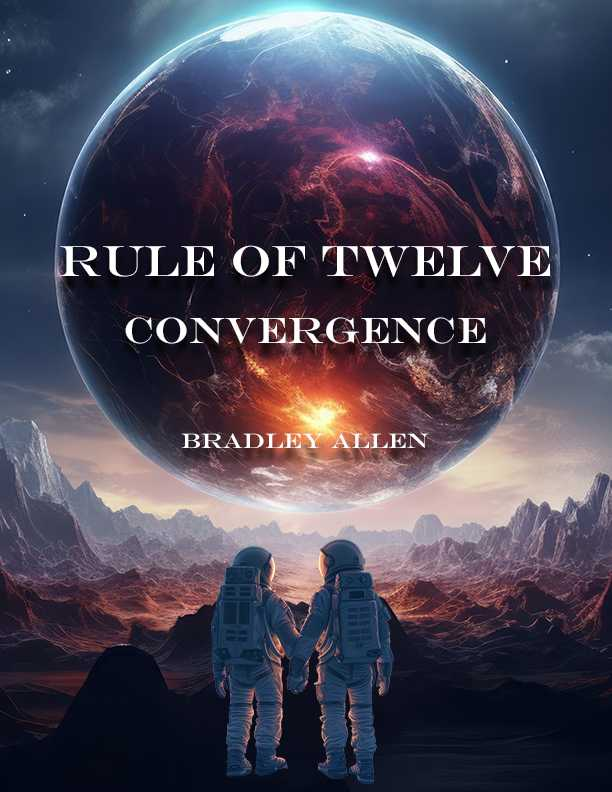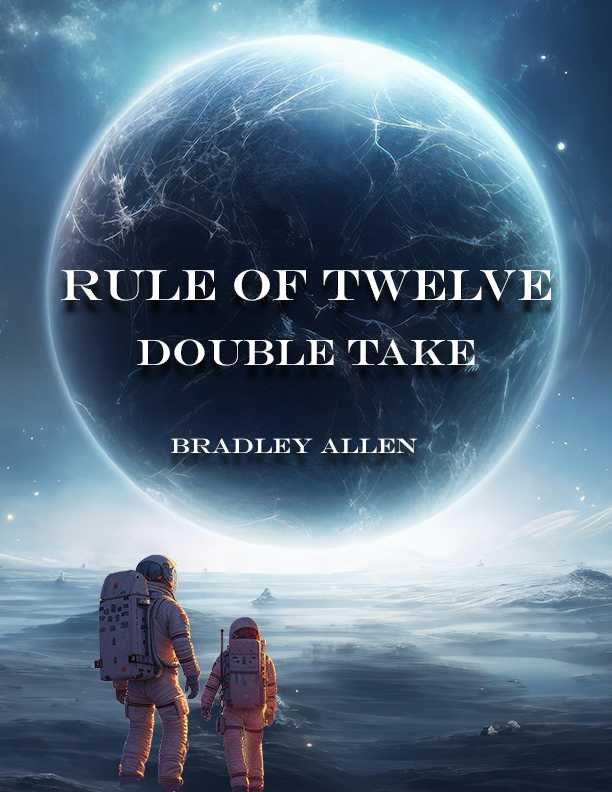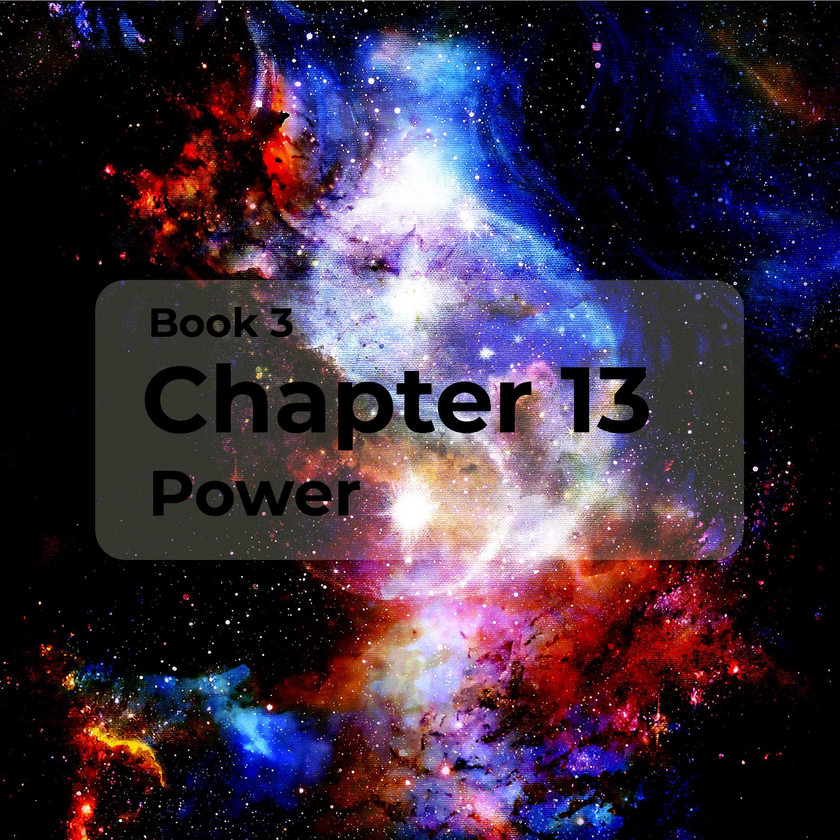“So that concludes our lesson for today. Any questions,” concluded the Teacher.
A silence filled the room for a moment or two. Then one of the students spoke up confidently.
“If things were so good, why was it so easy for the Utopians to gain so much control at the start of the Reset?”
The Teacher paused for a moment, looking around the circle.
“That is a great question, thank you, Theona. Perhaps a review of Zuby’s List will point us towards an answer. How about we add something about it to the homework and give it our full attention tomorrow,” replied the Teacher.
A groan echoed around the room.
“Perhaps everyone could find one example in your lives today, using the list as the reference, and bring it to class tomorrow,” continued the Teacher.
“Can someone share the list with us before we go?” she asked the room.
There was another pause.
“Perhaps the gentleman at the back of the room could refresh our memories?” the Teacher said as everyone turned their heads to see whom she was referring to.
Marr and Luna spun around with everyone else.
Mentor was standing behind them.
Without even so much as a nod, Mentor began to speak softly, but clearly.
“Zuby’s List, July fifth, year one.
“Number one, most people would rather be in the majority, than be right.
“Number two, at least twenty percent of the population has strong authoritarian tendencies, which will emerge under the right conditions.
“Three, fear of death is only rivalled by the fear of social disapproval. The latter could be stronger.
“Four, propaganda is just as effective in the modern day as it was one hundred years ago. Access to limitless information has not made the average person any wiser.
“Number five, anything, and everything can and will be politicised by the media, government, and those who trust them.
“Six, many politicians and large corporations will gladly sacrifice human lives if it is conducive to their political and financial aspirations.
“Seven, most people believe the government acts in the best interests of the people. Even many who are vocal critics of the government.
“Number eight, once they have made up their mind, most people would rather to commit to being wrong, than admit they were wrong.
“Nine, humans can be trained and conditioned quickly and relatively easily to significantly alter their behaviours - for better or worse.
“Ten, when sufficiently frightened, most people will not only accept authoritarianism, but demand it.
“Eleven, people who are dismissed as 'conspiracy theorists' are often researched and simply ahead of the mainstream narrative.
“Number twelve, most people value safety and security more than freedom and liberty, even if said 'safety' is merely an illusion.
“Thirteen, hedonic adaptation occurs in both directions, and once inertia sets in, it is difficult to get people back to 'normal'.
“Fourteen, a significant percent of people thoroughly enjoy being subjugated.
“Fifteen, 'The Science' has evolved into a secular pseudo-religion for millions of people in the West. This religion has little to do with science itself.
“Number sixteen, most people care more about looking like they are doing the right thing, rather than actually doing the right thing.
“Seventeen, politics, the media, science, and the healthcare industries are all corrupt, to varying degrees. Scientists and doctors can be bought as easily as politicians.
“Eighteen, if you make people comfortable enough, they will not revolt. You can keep millions docile as you strip their rights, by giving them money, food, and entertainment.
“Nineteen, modern people are overly complacent and lack vigilance when it comes to defending their own freedoms from government overreach.
“Twenty, it's easier to fool a person than to convince them that they have been fooled.
“Number twenty-one, most people are fairly compassionate and have good intentions (this is good).
“And, finally, number twenty-two, most people deeply struggle to understand that some people, including our 'leaders', CAN have malicious or perverse intentions (this is bad).”

The students, Marr and Luna had been transfixed, listening. They all sensed they had just witnessed something truly momentous. Being in the same room as Mentor was one thing, but hearing him speak, was something different all together.
“Very good, Mentor, you paid attention all those years ago when you sat here.”
The Teacher’s thanks, broke the spell.
With that the students gathered their things and left, sensing these visitors were not here for their further entertainment.
Excerpt from Rule of Twelve, Book 1 - Double take, Chapter 4
(Zuby's List, shared with permission. See https://www.zubymusic.com/)






















